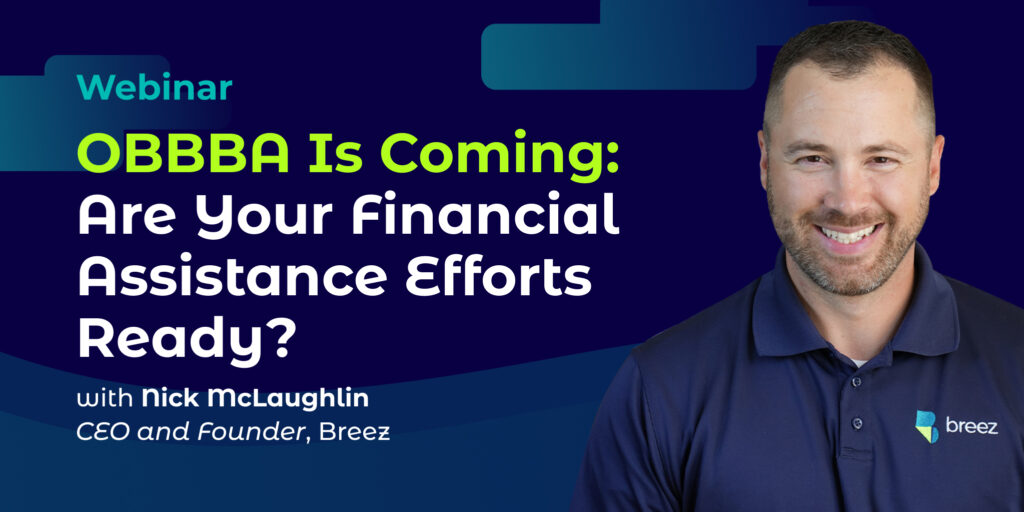By Nick McLaughlin
Some may argue that the biggest pitfall of hospital financial assistance programs is that many in the general population are unaware of their existence in the first place. That may be true, but lack of awareness is not the only problem.
Hospitals are pillars of their communities, integral to the fabric of society. But, like every other institution, hospitals face challenges with things like budget decisions and staffing issues. Trust is key, and it needs to be reciprocal.
We, the community, want to receive the best care possible, and hospitals want to provide that care. They don’t want to be in the bill collection business any more than patients want to be in the medical debt business.
Hospital financial assistance programs can go a long way toward making life easier for all parties. But awareness of these programs is paramount. Here are five easily avoidable pitfalls that commonly plague hospital financial assistance programs.
1. Don’t create an over-complicated application form
The longer something is, the less likely someone is going to read it. Keep financial assistance applications closer in size to a blog post than, say, War & Peace. One or two pages is sufficient, and don’t waste space on instructions.
Limit the questions to only those that directly impact eligibility and those that help you receive reimbursement. For example, ask for assets information so you can claim Medicare bad debt reimbursement due to indigence.
2. Don’t include outdated or irrelevant questions
It doesn’t take long these days for things to become outdated. Everything evolves, so constantly reusing the same application form from years past just doesn’t cut it.
Information like the make, model and value of your vehicle, your monthly expenses, and whether or not you are a US citizen don’t belong on the application. Also, formerly applicable questions may reference programs that have expired. Keep everything up to date.
3. Don’t install too many steps on the sliding scale
Calculations of the federal poverty line are not precise, and too many discount percentages only serve to complicate matters for patients. Don’t forget: These patients are in the hospital for a reason. Adding headaches and complications to these situations should be the last thing anyone wants to do.
Keep it to three simple steps. 1. You have free care up to X%. 2. You have a _% discount from X% to Y%. 3. You have a _% discount from Y% to Z%. No surprises.
4. Don’t sabotage eligibility requirements
Follow the American Hospital Association’s patient billing guidelines. Patients are eligible for free care up to 200 percent of the federal poverty line.
And if you consider assets, limit the request to non-retirement liquid assets and non-primary residence real estate.
5. Eligible patients don’t know financial assistance is available
Being 501(r)-compliant isn’t good enough. Hospitals need to make it easy and inexpensive to connect patients to financial assistance. Make paperless and self-serve options the standard. Ask yourself at each step, is this user-friendly for the patient and user-friendly for hospital staff.
Finally, please don’t fear “leaving money on the table” with patients eligible for financial assistance. I used to work in collections. Trust me, your hospital isn’t going to lose any revenue by promoting financial assistance, and you will be a much greater corporate citizen as a result.
Medical billing is a two-way street, and it doesn’t have to be the road to ruin. Helping and enabling patients to pay their bills is good for them and the hospital. After all, what’s better than a clean bill of health, and a clean bill?
Nick McLaughlin is CEO and Founder of Breez, a company committed to eliminating medical debt by streamlining hospital financial assistance programs.



